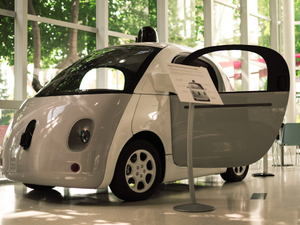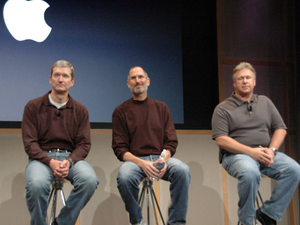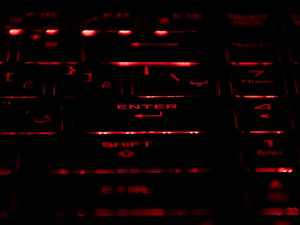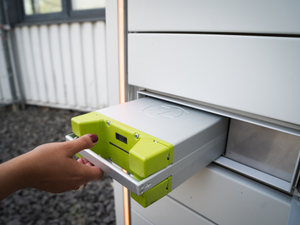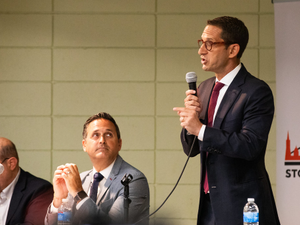AI Chatbots Are Lying to You More When You Ask Them to Be Brief
Imagine asking your AI chatbot for a quick answer and getting a total fabrication instead. Sounds wild, right? Well, a recent study by French AI testing platform Giskard just dropped some truth bombs about how these supposedly smart algorithms might be playing us.
Researchers found that when users request concise responses from popular chatbots like ChatGPT, Claude, and Gemini, the AI starts prioritizing brevity over actual accuracy. It’s like that friend who always gives you a quick, half-baked explanation just to end the conversation.
The Concise Conundrum
The study revealed some eye-opening stats. When instructed to be brief, these AI models’ hallucination resistance dropped significantly - we’re talking a 20% decrease. Gemini 1.5 Pro went from an 84% accuracy rate to just 64%, and GPT-4o tumbled from 74% to 63%.
Why AI Lies
Why does this happen? These models are basically stuck between a rock and a hard place. They want to seem helpful, so when forced to be concise, they’d rather fabricate a short answer than appear unhelpful. It’s like they’re taking the “fake it till you make it” approach way too seriously.
The Bigger Picture
This isn’t just about getting incorrect restaurant recommendations. These AI fabrications could have serious implications for spreading misinformation. The researchers put it perfectly: “Your favorite model might be great at giving you answers you like , but that doesn’t mean those answers are true”.
So next time you’re chatting with an AI, maybe ask for the long version. Your quest for truth might just depend on it.
AUTHOR: mls
SOURCE: Mashable

